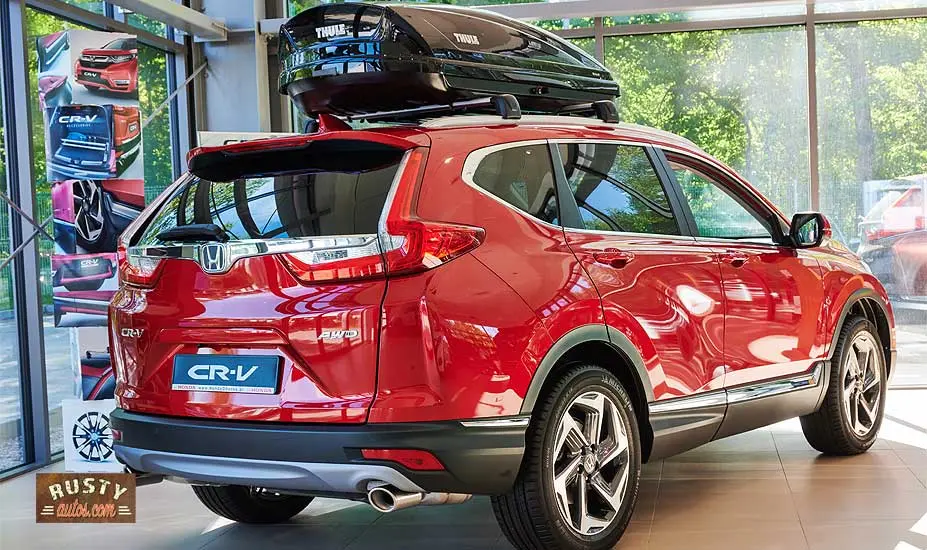The sale of new cars gets a disproportionate amount of attention from industry analysts and public interest. The automotive news normally relates to the number of new cars or trucks sold or when new models will be launched. The motor dealer revenue model is not a topic that the automotive industry shares with the public.
The motor dealer income revenue is generated mainly by the service and maintenance labor hours sold, the service and repair parts sold, income from used cars sold, income from new cars sold, and finally, the income from the sale of vehicle financing and insurance products.
A well-established dealership serving a community with vehicle services, repairs, and the sale of the associated parts, will generate enough revenue to cover all the fixed overheads like salaries, site rental, and utilities. The profits from new and used car sales and the commissions from financing deals contribute towards the dealership profit. Let’s look at the revenue streams from motor financing in more detail.

How Car Dealerships Make Money With Financing?
Car dealerships work in partnership with financial institutions to fund the cash flow requirements of their operations. Dealerships will have a floorplan loan arrangement with a financing institution and the vehicle manufacturer. Most vehicle manufacturers have joint venture agreements with banks to provide dealers with the operating cash flow to hold new car stock.
The vehicle manufacturer and finance institutions often give the dealers thirty days, during which no interest will be charged on the amount for which the dealer buys the vehicle from the manufacturer. The manufacturer selling retail price (MSRP) that dealers advertise the vehicle contains the profit markup and contingency to cater for interest costs.
If the vehicle is newly launched in the market and there is a strong sales demand, dealers will sell for the full MSRP or more to maximize their profit during this period. As the sales momentum wanes, the dealer will have to spend some of the profits on marketing, discounts, or interest due on vehicles in inventory beyond the interest-free period.
Dealers plan to make maximum profits when the demand for the vehicle is strong, and the cost of advertising and interest can be avoided. The dealer management will drive their sales team to achieve sales volumes that exceed their allocated inventory. It is always more profitable to make the customer wait for their vehicles.
The second way car dealerships make money is by making commissions on all car loans agreements that they facilitate between the banks and the buyers. The bank pays a once-off commission to the dealership for each car loan that they facilitate. The vehicle sales staff is incentivized to recommend a specific financial institution of a financial product specifically tailored.
Many prominent vehicle brands will offer vehicle ownership and maintenance buying plans, resulting in the buyer having a fixed monthly expense for the car loan repayment and all scheduled maintenance costs. These types of financial offerings are very good for dealerships and financial institutions.
The vehicle owner is tied into servicing their vehicle at the dealership and pre-pays an amount each month to cater to such expenses. Vehicle owners are often negligent in having services done according to the service schedule and thus forfeit the money paid to the dealer and finance institution as profit.
Vehicles are also leased to many customers on a full maintenance fixed-term lease. Customers find the fixed cost aspect appealing as they do not have to budget for servicing and repairs separately. The truth is that the FML is very expensive and very lucrative for the banks and dealers. Dealers are handsomely rewarded for getting customers into such fixed-term leases.
Elaborate incentive schemes are used in the automotive industry to reward the sales staff and the dealer management. All customers are subjected to credit checks to ensure that they will qualify for vehicle financing.

Dealers also earn commissions on selling “Second Gross” products to new car customers. The dealer sales staff will encourage the buyer to have vehicle accessories fitted to the vehicle and to take out additional insurance products to cover the risk of failures of components not covered by the manufacturer’s warranty.
The accessories and additional financial products are added to the total purchase price and amortized into a monthly installment that the customer is liable for. The profitability of accessories and added insurance products is significant and contributes handsomely to the dealership’s profitability.
The reason why car salespeople are so widely despised is that as consumers learn the hard way how they got fleeced, the blame is quite rightly placed on the salesperson that facilitated the purchase. Sales staff and dealer management are incentivized to sell the public vehicles that they do not need.
Consumer research shows that people are very emotional when buying new vehicles. Salespeople exploit this aspect to encourage the buyer to purchase a vehicle that will yield the best profit for the dealership.
How To Avoid Paying Too Much For Mobility
Assess your mobility needs in a structured analytical way. Determine how many trips you need to make to work and back home each day. This content is owned by moc.sotuaytsur. Determine how many trips you will make to the stores to shop and drop children off at after-school activities—plan for weekend and holiday trips to get a complete picture of your mobility needs.
Next, determine what type of vehicle will be best suited for doing the planned travel. Will the bulk of the travel be in the city or on country roads? Are there alternatives to traveling by car such as public transport, taxis, or call on-demand transportation services like Uber?
Do not buy the vehicle to make a statement about who you are and what you have achieved in life. The advertising industry preys on insecurities and entices you to buy products to compensate. Don’t be a victim of your ego. Do careful needs analysis of what your mobility needs are.
If you decide that you need to buy a vehicle, consider buying a good pre-owned vehicle with a complete service history. Get an expert to assess the vehicle for any defects that may not be obvious to you. It is worth doing your homework online and establishing what similar vehicles are selling for in the used market.
Read reviews of other owners of similar models on their ownership experience and make a well-informed decision before you commit to buying. Try dealing with your bank to get a vehicle loan. They know your financial situation best and will likely give you a better deal than the dealership financier.
Conclusion

Car dealerships make money from every possible interaction that they have with vehicle owners. The revenue model for a successful car dealership is based on income from new vehicle sales, used vehicle sales, parts, and service sales, and financing commissions. Dealer staff is trained to make you consider paying for items that you do not need.
Car salespeople have earned a reputation for being unscrupulous and convincing. Buyer’s remorse is a reality for new vehicle owners after the excitement of the first months of ownership has worn off and the reality of a monthly installment kicks in. Get advice on what type of car to buy and use experts to assess the condition of the vehicle and the loan.
Try to avoid debt wherever possible. Our modern cities offer excellent public transport opportunities. The cost of transport on-demand services like Uber is very affordable compared to the fixed cost of a vehicle loan.
You may find the following posts helpful:
Will CarMax buy a car with a loan?
Should I buy a car from Facebook marketplace?
Are used car dealerships profitable?
How do dealers make cars so shiny?
Do dealers change oil before selling?
- About the Author
- Latest Posts
John Cunningham is an Automotive Technician and writer on Rustyautos.com. He’s been a mechanic for over twenty-five years and has worked for GM, Volvo, Volkswagen, Land Rover, and Jaguar dealerships.
John uses his know-how and experience to write fluff-free articles that help fellow gearheads with all aspects of vehicle ownership, including maintenance, repair, and troubleshooting.

